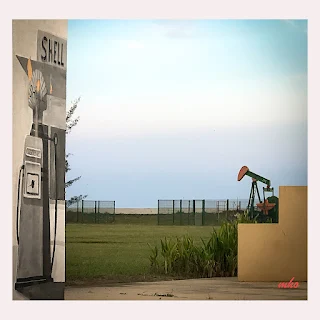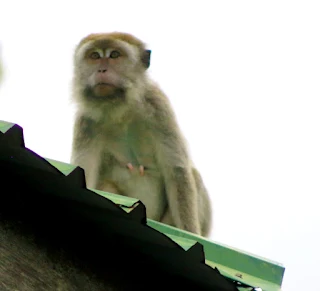Brunei appears poised to embrace substantial business opportunities across multiple sectors.
The nation has identified five key areas of focus: oil and gas downstream activities, food production, information and communication technology, services, and tourism.
It is worth noting that these developmental agendas have been conceptualized for several decades, including initiatives to transform Brunei into an international gateway for information communication (B.I.I.G) and a regional service hub for trade and tourism service (SHuTT), and even aspirations to establish Brunei as a financial center.
While progress has been slow due to issues of political will and inertia, recent efforts aim to create a conducive environment for local and regional investors to collaborate with Bruneian companies in realizing these ambitions.
During a recent BIMP-EAGA B2B bilateral forum, Daniel Leong, the Acting CEO of the Brunei Economic Development Board (BEDB) and Darussalam Enterprise (DARe), emphasized the potential for business collaboration in the food sector. He discussed opportunities in high-value aquaculture, high-tech agriculture farming, and various value chain activities.
Furthermore, the government, in collaboration with the Ministry of Finance and Economy (MoFE), BEDB, and Muara Port Company, has unveiled ambitious plans to enhance connectivity and streamline the flow of goods and services within the region.
These plans encompass the establishment of a BIMP EAGA Transshipment Hub, with Muara Port positioned at the strategic epicenter of these endeavors. By bolstering connectivity with China and other countries, Brunei aspires to transform Muara Port into a pivotal hub, catering not only to Borneo Island but also the broader region.
However, amidst the optimism, some observers express reservations about the potential for Brunei's economy to experience a swift recovery.
These individuals remain skeptical about the government's ability to attract foreign investments and create tangible opportunities for the growth of small and medium-sized enterprises (SMEs).
Various concerns have been raised, particularly regarding the solidity and reliability of Brunei's legal framework, with calls for the government to augment its efforts in providing enhanced protection for private investors.
Conversely, certain commentators highlight Brunei's historical openness to foreign investments and reference successful projects such as Hengyi, BFI, and MPC, which have already left their mark.
These proponents argue that Brunei has actively promoted and endeavored to attract foreign investments.
The question then arises: Can Brunei genuinely establish itself as a flourishing investment destination?
Opinions on this matter diverge. Some contend that progress will be gradual, taking into consideration Brunei's comparative disadvantage in terms of attractiveness compared to neighboring countries with larger populations, stronger economies, and greater development opportunities.
Nevertheless, they maintain that genuine prospects for local SMEs to thrive exist, despite the paucity of success stories thus far.
Critics of Brunei's approach argue that it lacks the necessary assertiveness in devising policies that effectively attract investments.
They draw comparisons to countries such as Luxembourg and Singapore, which have successfully enticed substantial investments and witnessed marked improvements in their overall standards of living.
These critics believe that Brunei necessitates a wake-up call to attract fresh talent and expertise capable of catalyzing change.
Another noteworthy consideration is Brunei's unique advantage in the halal products market.
Although this potential has been acknowledged, Brunei has yet to fully capitalize on it.
The prevailing constraint appears to be a dearth of skilled and experienced individuals capable of transforming this idea into tangible economic gains.
Unlocking the potential of halal products requires the involvement of creative minds capable of turning this concept into a profitable endeavor.
Furthermore, observers note that remnants of Brunei's colonial past hinder progress.
They also argue that the government's focus on its own interests sometimes overshadows the necessity to strike a balanced equilibrium between business and consumer interests.
To move forward, they posit that Brunei must adopt a more inclusive and accommodating stance, reduce racial biases, and exhibit greater openness toward other nationalities.
Failure to do so risks perpetuating outdated colonial practices, effectively trapping the nation in a time warp.
In conclusion, opinions on Brunei's investment potential are varied, with proponents and skeptics alike voicing their perspectives.
Key areas of concern raised include the establishment of solid laws, reliable regulations, attractive incentives, and a more balanced approach to addressing the interests of both businesses and consumers.
The question of whether Brunei will emerge as a thriving investment hub remains unanswered, and only time will provide the definitive answer. (MHO04/06/23)




.jpeg)













